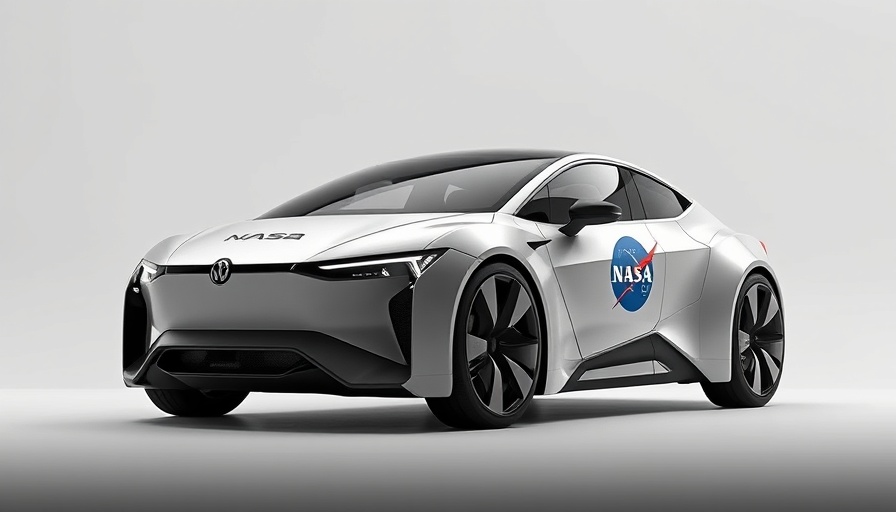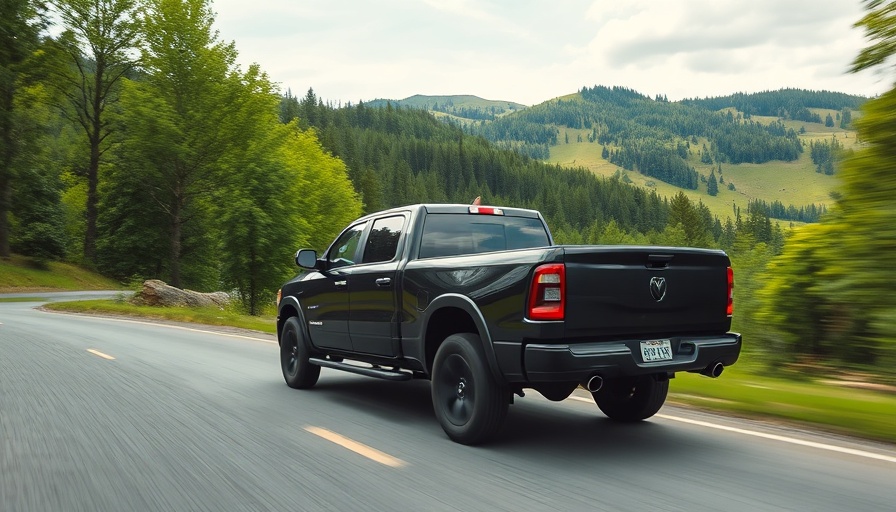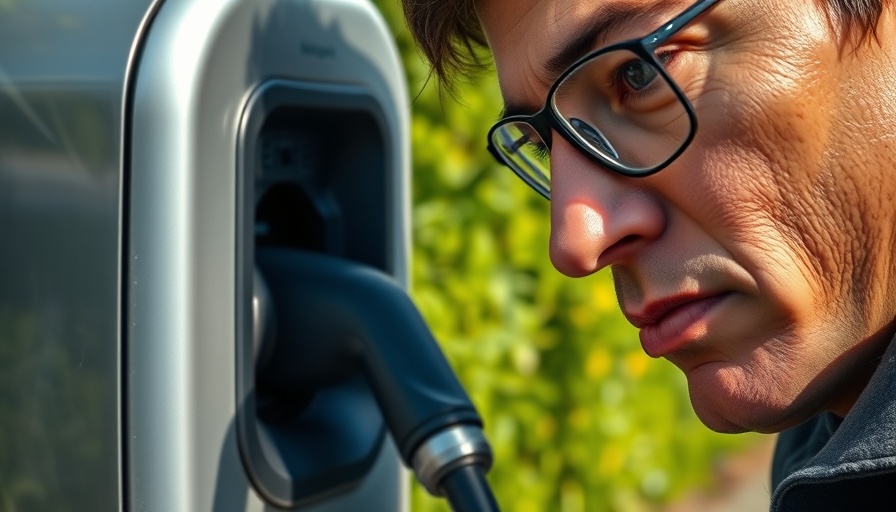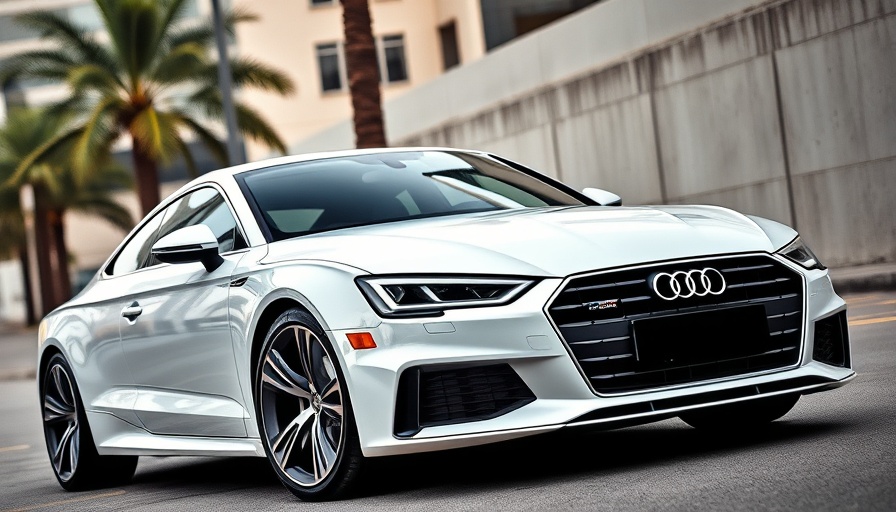
The Demise of Canoo: A Cautionary Tale for Electric Vehicle Startups
The struggling electric vehicle startup, Canoo, has officially filed for Chapter 7 bankruptcy, a significant blow to an industry already grappling with financial instabilities. The company, which touted bold plans for electric vans and pickups, ceased all operations and will have a trustee oversee the liquidation of its assets in Delaware's Bankruptcy Court.
Understanding the Bankruptcy Landscape
Canoo's bankruptcy highlights the precarious nature of funding struggles faced by many startups. Founded in 2017 and initially known as Evelozcity, Canoo attracted approximately $600 million during its public offerings. However, its ambitious plans to manufacture commercially viable electric vehicles quickly drained its resources as the costs associated with production escalated. The firm's efforts to secure additional funding—particularly from a Department of Energy loan program—floundered, signaling a broader trend seen not just in Canoo but across the electric vehicle sector.
Funding Shortfalls: The Albatross for EV Manufacturers
The heart of the issue seems to stem from a persistent lack of funding. Many electric vehicle manufacturers encounter similar roadblocks: transitioning from compelling concepts to tangible products often requires substantial investments. Canoo’s inability to convert interest—highlighted by anticipated orders from significant clients like Walmart—into a stable revenue stream illustrates how lofty expectations can often pave the way to financial ruin. In the world of electric vehicles, where innovation meets necessity, willingness from investors does not guarantee financial stability.
Canoo’s Production Challenges and Investor Losses
Canoo struggled not just with securing funding, but also with production efficiency. Despite noteworthy orders, including vehicles for NASA and the military, the production output remained minimal. As of now, Canoo has delivered just a fraction of what was projected. According to the latest filings, Canoo owes around $164 million to creditors while holding assets valued at about $126 million. A startling statistic that mirrors insecurity and uncertainty within the electric vehicle industry.
Leadership Changes and Strategic Misfires
Under CEO Tony Aquila, Canoo shifted its focus from a subscription-based model to one centered on commercial vehicles and government contracts. This critical pivot reflects a broader trend within the EV space, where startups occasionally underestimate the complexities of transitioning to commercial viability. The changes in production plans—including shifts from international partnerships to local facilities—exemplify the uncertain compass navigating electric vehicle enterprises.
Lessons Learned: What This Means for Future Endeavors
The downfall of Canoo serves as a stark reminder for those involved in the automotive and financing realms. The electric vehicle landscape is fraught with peril, and as the interest in sustainable transport grows, so too do the risks associated with investing in nascent companies. Stakeholders, from dealer principals to finance managers, should take heed of this cautionary tale—while innovation is crucial, successful transitions from concept to profitable production remain critical to survival.
 Add Row
Add Row  Add
Add 




Write A Comment